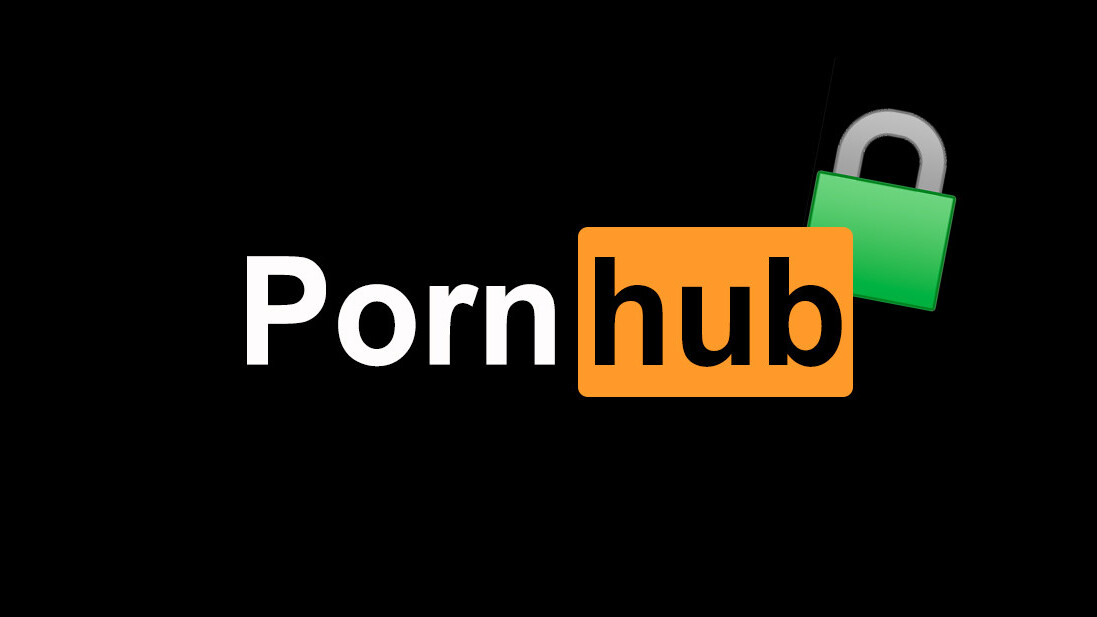
Pornhub wants you to feel secure when you visit its portal to stream adult content and satisfy your unusually kinky fetishes.
The industry titan announced yesterday it has successfully completed its switch to HTTPS and now supports encryption sitewide by default. Fellow MindGeek subsidiary YouPorn is expected to similarly migrate to the more secure protocol next week on April 4.
The move towards improved encryption comes days after Congress voted to repeal certain restrictions that prevented internet service providers from selling your browsing history to third-party buyers without your consent. While enabling HTTPS won’t stop ISPs from spotting you’ve attended Pornhub, it’ll hide what videos you watch.
As Google showed in its recent Transparency Report, only three out of the 11 adult industry portals in the world’s top 100 most visited websites currently support HTTPS encryption – but now you can also add Pornhub and YouPorn to the list.
“Here at Pornhub, with more than 70 million daily visitors, we wanted to continue our concerted effort to maximize the privacy of our users, ensuring that what they do on our platform remains strictly confidential,” said vice president Corey Price.
“With the switch to HTTPS we are able to protect their identity as well as safeguard them against exposure to malware by third parties.”
This is hardly the only initiative Pornhub and YouPorn have undertaken to ramp up user privacy. Over the last year, both companies launched their own bug bounty programs to encourage security researchers seek and to close backdoors on their websites.
Now go watch that weird porn you like without any worry someone might be monitoring you. And in case you still feel paranoid, get a VPN – everybody seems to be doing it.
Get the TNW newsletter
Get the most important tech news in your inbox each week.





